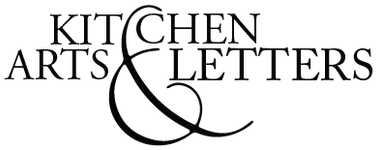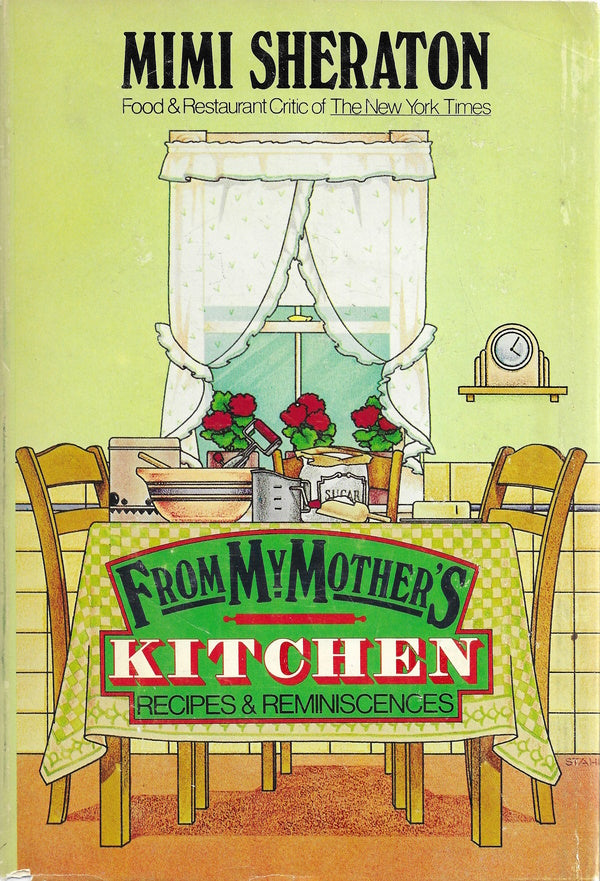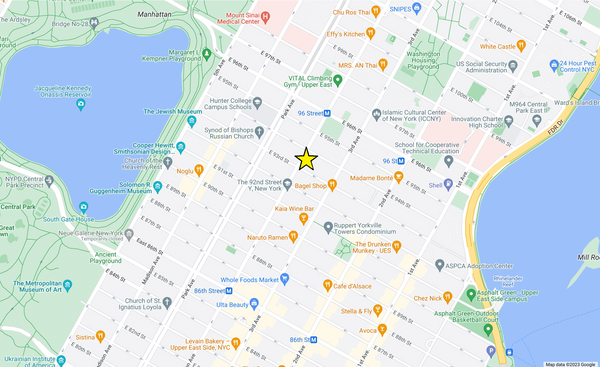OP: From My Mother's Kitchen
There have been hundreds of Jewish cookbooks over the years, but a particular few have won the hearts of those cooks who yearn for the good old way that “we used to eat at home.” Among the American favorites have been Jennie Grossinger’s Art of Jewish Cooking (1969), Sara Kasdan’s Love and Knishes (1956), and Gertrude Berg’s Molly Goldberg Cookbook (1955). But solidly on that list as well—the favorite of so many—is From My Mother’s Kitchen (1979).
An esteemed regular on the food pages of the New York Times Mimi Sheraton (1926–2023) was their restaurant critic, documenter of the food world, both in and out of the Jewish sphere, and the author of many much-admired books. This one is not only a joyous collection of recipes but also, by osmosis, a document of a way of living and a culture that sprang from the Old World and was transformed in America.
Sheraton was raised in Brooklyn in a “modern” home, which had its origins in Central Europe. Like some other Jewish families from that part of the world, hers had left behind the strict dietary rules and traditions of Orthodox households. So for some, this will be a startling book. Amidst the potato kugel, kasha varnishkes, kneidlach, and tzimmes (they’re real—look ‘em up) is an occasional crab salad with dill. That is how her family ate, and Mimi Sheraton is an honest reporter.
Everyday dishes are all here along with the special holiday treats—blintzes, divine lacy potato latkes. For Passover, borscht, gefilte fish (the best), and, naturally, matzoh brei, all of them tasting of home.
The book was originally published in 1979. We receive persistent requests for the original edition with the iconic green cover (although it’s hard to find one that is not stained and a bit rippled from having been splashed by chicken soup).
For this first printing copy, the book block is in Fine condition with the case and jacket showing minimal shelfwear. The attractive jacket is missing a small sliver of paper at the base of the spine. Suitable for collectors or for those simply in need of their first and last noodle kugel recipe.


